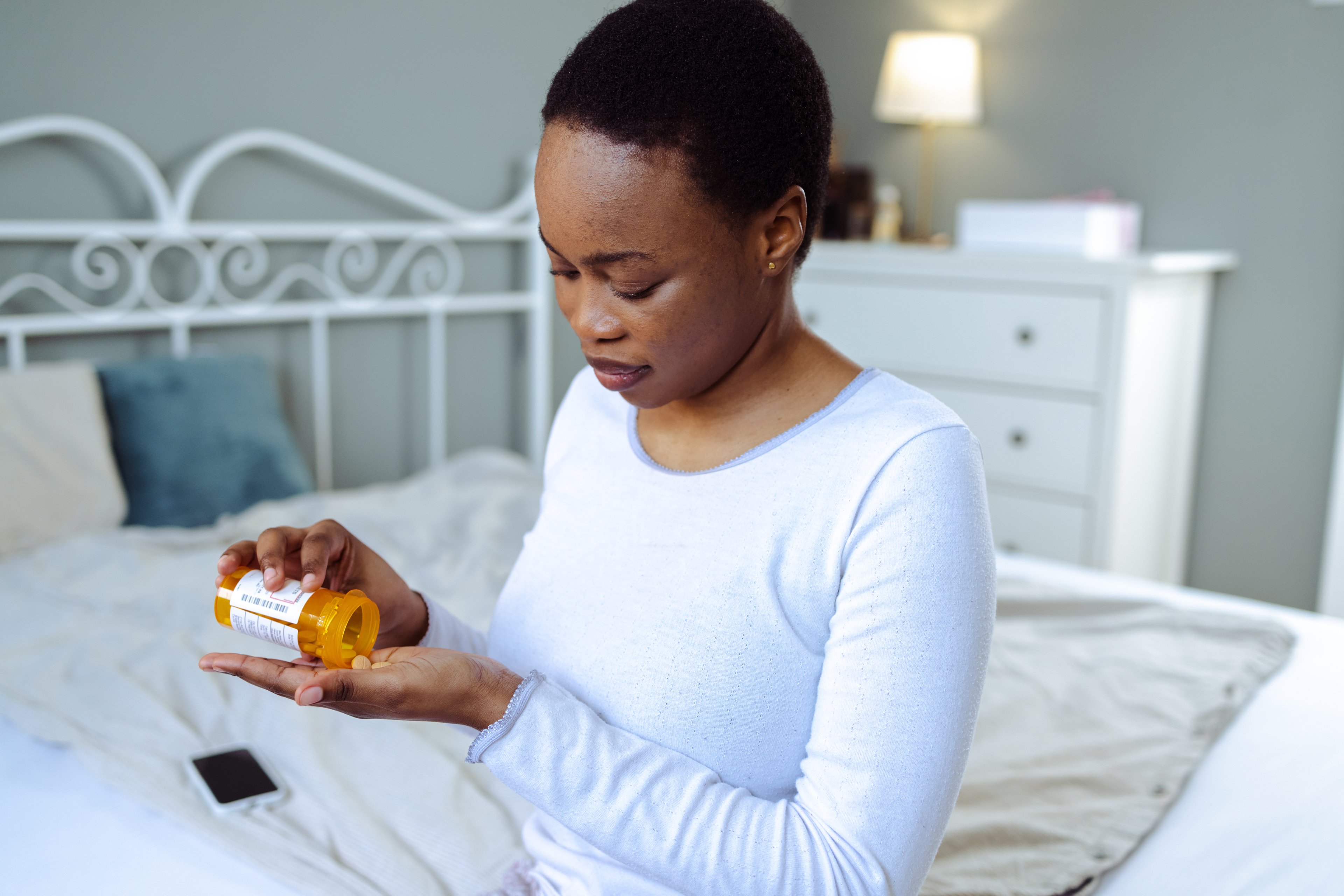We spent $328.6 billion on prescription drugs in 2016 -- and that's just the United States. The amount will no doubt be higher when the books are closed on 2017.
Payers and patients across the world are on track to spend $48 billion this year on just five drugs sold by AbbVie (ABBV 0.15%), Amgen (AMGN 1.69%), Celgene (CELG +0.00%), Roche (RHHBY 0.95%), and Pfizer (PFE 3.32%). Some of these drugs could make even more money in 2018, but others are likely to drop off the list. Here are the top five best-selling drugs in the world so far in 2017.

Image source: Getty Images.
1. Humira
Humira has been the best-selling drug in the world for years. AbbVie is on course to make well over $18 billion from the autoimmune-disease drug this year.
Will Humira retain its top spot next year also? It's highly likely. Although Amgen won FDA approval for its biosimilar to Humira in 2016, the drug still isn't on the market. Thanks to an agreement between AbbVie and Amgen, the biosimilar won't be sold in the U.S. until early 2023. While Amgen will market the product in Europe beginning Oct. 16, 2018, around two-thirds of Humira's total revenue comes from the United States.
2. Revlimid
Blood cancer drug Revlimid pulled in nearly $7 billion in sales in 2016. That total should increase to more than $8 billion this year, giving Celgene the second-best-selling drug in the world.
Three factors drove Revlimid's sales higher in 2017: Celgene achieved greater market penetration, treatment duration increased for patients with multiple myeloma who took Revlimid, and Celgene raised prices for the drug. There's no reason to think 2018 won't be even better for Revlimid. Sales for the drug are likely to top $9 billion next year, according to market research firm EvaluatePharma. The momentum for Revlimid isn't likely to slow down soon, either: By 2022, the drug will probably make over $14 billion annually.
3. Enbrel
Humira isn't the only autoimmune-disease drug generating big bucks. Enbrel, marketed by Amgen in the U.S. and Canada and by Pfizer in other markets, is on pace to rake in more than $7.5 billion in 2017. That's enough to land the drug the No. 3 position among the best-selling drugs in the world.
Look for Enbrel to stay on the list next year, albeit with lower revenue numbers. Pfizer faces biosimilar competition for Enbrel in Europe. Meanwhile, Amgen has cut prices for the drug in the U.S. in the midst of a market crowded with alternative therapies.
4. Rituxan
Roche's Rituxan, sold under the brand name MabThera outside the U.S., has been something of a Swiss army knife among drugs, with approvals for treating non-Hodgkin lymphoma, chronic lymphocytic leukemia, and rheumatoid arthritis. There aren't many drugs that can treat both cancer and autoimmune diseases. There also aren't many drugs that should generate sales of around $7.5 billion this year, but Rituxan probably will.
Next year, however, Rituxan just might fall short of the world's top five best-selling drugs. Roche is already feeling the effects of biosimilar rivals in Europe. Biosimilars could also be on the U.S. market within the next couple of years.
5. Herceptin
Another of Roche's drugs is on course to take the No. 5 ranking among the world's top drugs in 2017. Herceptin, which is approved for treating breast cancer and gastric cancer, should pull in close to $7 billion this year.
Like Rituxan, though, Herceptin's days in the top five could be numbered. On Dec. 1, the FDA approved Mylan's (MYL +0.00%) biosimilar to the drug. Only a few days earlier, the first European biosimilar to Herceptin won approval. Roche is also suing Pfizer to keep another Herceptin biosimilar off the U.S. market.
The big picture
Are all of the companies behind these drugs are great choices for investors, since each one of them claims at least one of the best-selling drugs on the planet? Not necessarily. You need to look at the big picture for each of these stocks.
As we saw earlier, Roche is facing challenges for its top-selling cancer drugs. Although the company has a strong pipeline, it won't be easy to replace the revenue that will dwindle over the next few years. Amgen and Pfizer also face some headwinds for older products. It's not that any of these are horrible picks for investors, but you need to know the bad as well as the good.
Celgene lowered its outlook for autoimmune-disease treatment Otezla. However, with Revlimid and other blockbusters in its lineup, along with a strong pipeline, I like the biotech's prospects.
It's a similar story for AbbVie. With Humira likely to keep its momentum going, fast-growing sales for cancer drug Imbruvica, and a deep pipeline, AbbVie should be able to generate solid growth in the coming years. Overall, I'd say that the companies with the top two best-selling drugs in the world are also two of the best drug stocks to buy.









